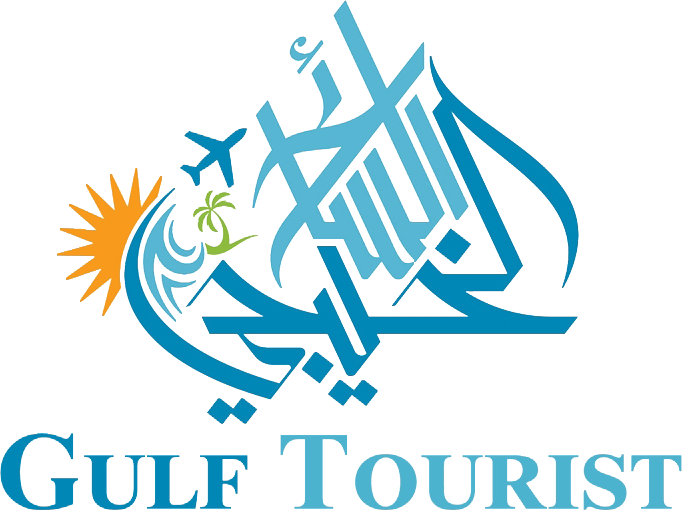Source: Wajhatt
The month of Ramadan represents a time for religious tourism and spiritual reflection in the awareness of the universe and its intricacies, which God Almighty has created. Contemplating its days and nights, its spiritual aspects, and people’s lives during this month with their customs, practices, and social and economic behaviors, amidst prayers, fasting, Quranic recitation, remembrance, and charity, fosters a sense of direction for building a secure and serene life rooted in enjoying blessings while acknowledging the greatness of God and showing reverence towards Him. It also involves renewing social relationships in the shadows of faith, values, principles, and ethics. Simultaneously, it presents an opportunity to catch one’s breath and maximize contemplative practices towards sustainable development, launching the tourism sector with plans, programs, content, models, strategies, and applications towards broader horizons. This demonstrates the value of safety, privacy, and identity, embodying respect for national models and the reproduction and maximization of resources and their added value.
Therefore, the spirituality of Ramadan can leave a positive impact on individual, intellectual, and social formation, increasing one’s interest in the aesthetic and recreational aspects of life. This reflects on the developmental achievements of tourism and delves into its depths. The great principles, authentic values, and lofty goals of Ramadan serve as important milestones in change-making, seizing the opportunities resulting from this harmony to manifest them in reality. Ramadan thus becomes the calm after the storm, bearing its blossoming results.
It is expected that these Ramadan spiritualities will enhance the efficiency of the tourism trajectory, offering opportunities, presenting models, making choices, directing alternatives, and magnifying values, ethics, commitments, boundaries, responsibilities shared by individuals, society, state authorities, and various systems to shape a forthcoming tourism that takes all the positive qualitative milestones into account. These read the opportunities for renewal, diversity, and sustainability in the behavior of Muslims during Ramadan, thereby forming an enhanced drive for changing tourism habits, starting with the Eid al-Fitr holiday and subsequent religious and national holidays, taking into account the balance created by Ramadan in society’s life to preserve its gains.
Finally, magnifying these principles and Ramadan spiritualities and promoting their practice in individual and societal life and raising the younger generation on them remain important stations for guiding recreational tourism and empowering it to make a difference, within the framework of noble principles, fair values, and perspectives for secure and tranquil life.

